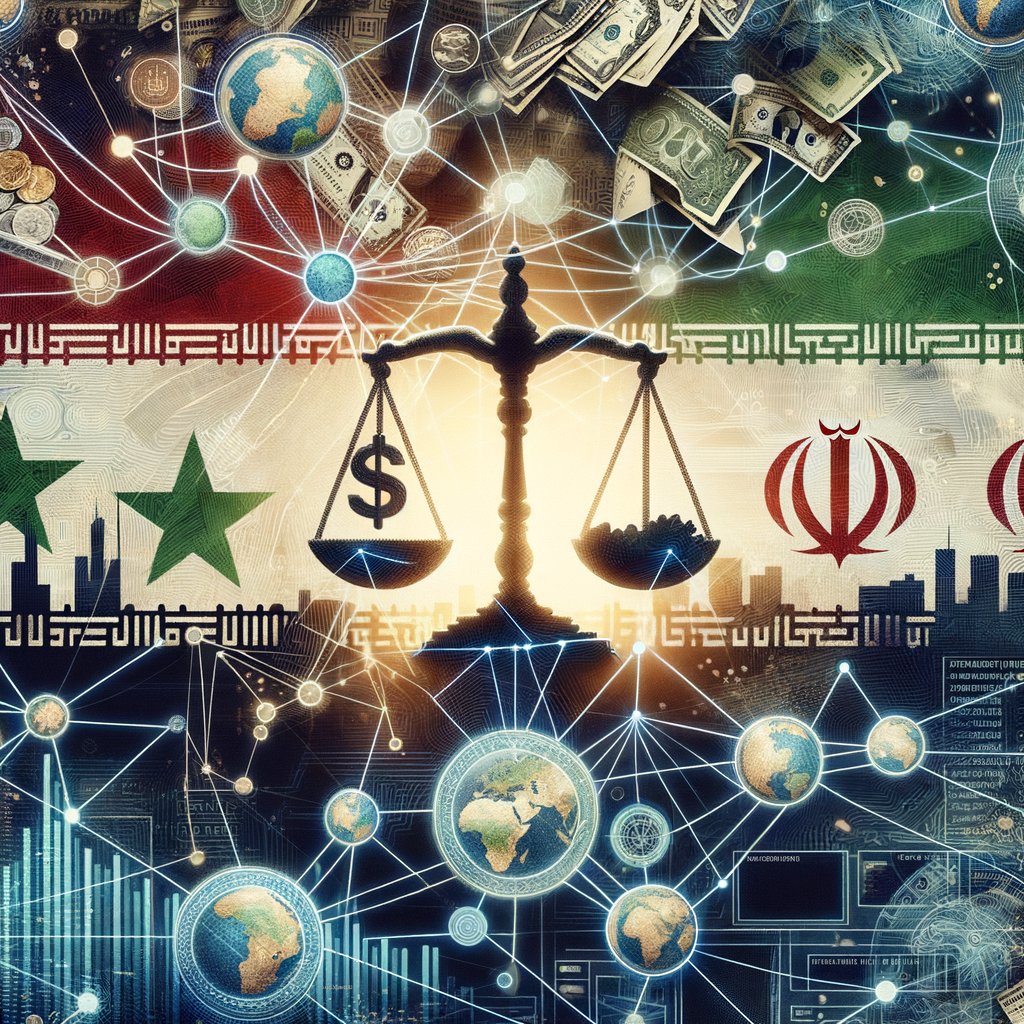Image created by AI
Tensions Rise as Syria’s New Government Clashes with Iran Over Future Relations
The political landscape of Syria has undergone seismic shifts with the recent downfall of Bashar al-Assad, leading to starkly contrasting responses from regional power Iran. The new Syrian government has openly criticized Tehran's involvement in the country, signaling a potential reconfiguration of alliances and power dynamics in the Middle East.
Syria's freshly appointed Foreign Minister, Asaad Hassan al-Shibani, expressed a strong stance against Iran, emphasizing the need for Tehran to respect Syria’s sovereignty and refrain from spreading instability. Al-Shibani's fierce critique underscores Syria's drive for autonomy and caution against external influences that have long steered its domestic affairs.
Conversely, Iranian Foreign Minister Abbas Araghchi has adopted a more guarded tone. In a recent interview, Araghchi indicated that it is premature to determine Syria's trajectory, hinting at the complex web of regional and international factors that could influence the nation's path forward. Despite Iran’s significant investment in Syria during the civil war, aimed at maintaining its geopolitical foothold and safeguarding the Shiite axis, the current scenario presents a stark deviation from its long-term strategy.
The narrative of camaraderie that once tethered Iran and Syria under al-Assad’s regime has evidently frayed. Supreme Leader Ayatollah Ali Khamenei of Iran lamented the orchestration of events in Syria by global powers, portraying it as a ploy to destabilize the region. According to Khamenei, the aftermath in Syria aligns with a larger pattern of either installing compliant regimes or fostering chaos, as purported by the U.S. and its allies.
Financial dealings have also come under scrutiny amidst these political upheavals. With Iran's substantial financial aid to the al-Assad government now in question, there are unverified reports that the new Syrian leadership might seek compensation for the expenses incurred. Iran, meanwhile, contends the exaggerated claims of debts, clarifying that any financial obligations will be addressed under the principle of state succession.
On the domestic front, Syria’s transitional phase is marked by significant military and administrative reconfigurations. The decision to integrate various rebel factions into the national defense infrastructure indicates a move towards consolidation and unity, albeit excluding the Kurdish-led Syrian Democratic Forces.
However, the new Syrian leadership's hardening attitude towards Tehran could reshape regional alliances, with key international players closely watching these developments. The reopening of embassies and increased diplomatic engagements suggest that Syria is eager to re-establish itself on the international stage, independent of the overbearing influence Iran once wielded.
In conclusion, the unfolding events in Syria reflect a nation at a crossroads. The diverging paths of its old ally Iran and the emergent governance structure underscore a period of intense negotiation and realignment, both domestically and internationally. How these tensions resolve will significantly impact the geopolitical landscape of the region, potentially altering power balances that have dictated Middle Eastern politics for decades.










